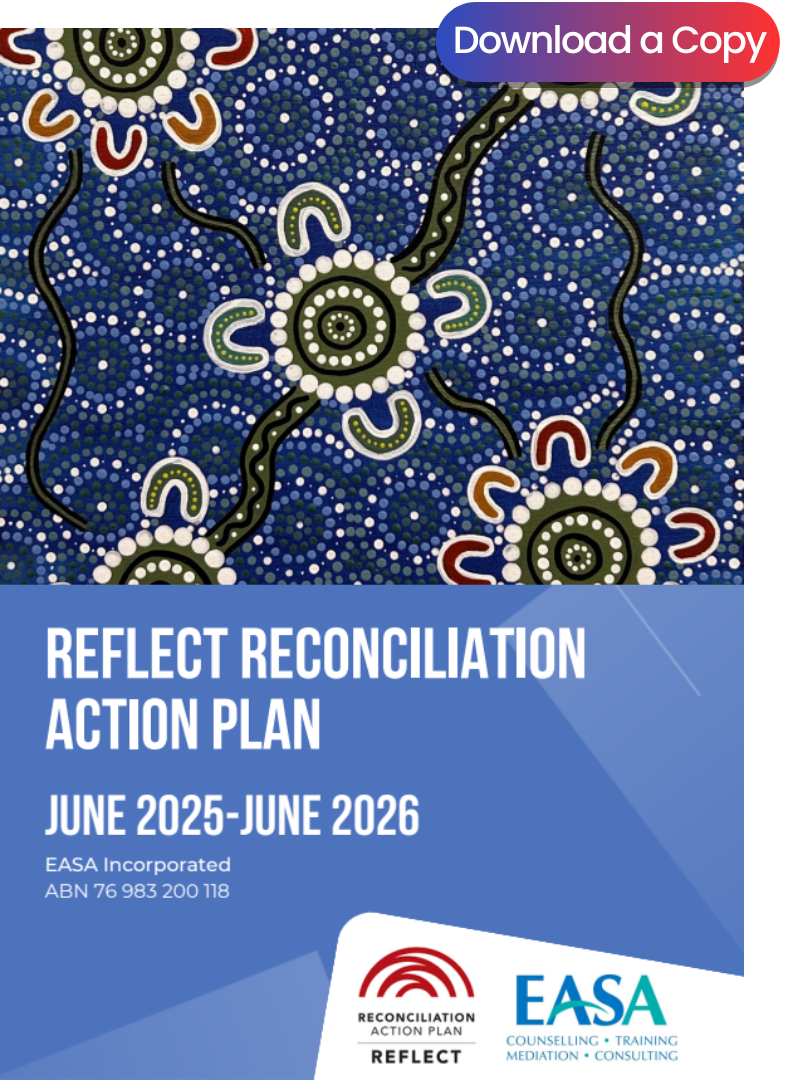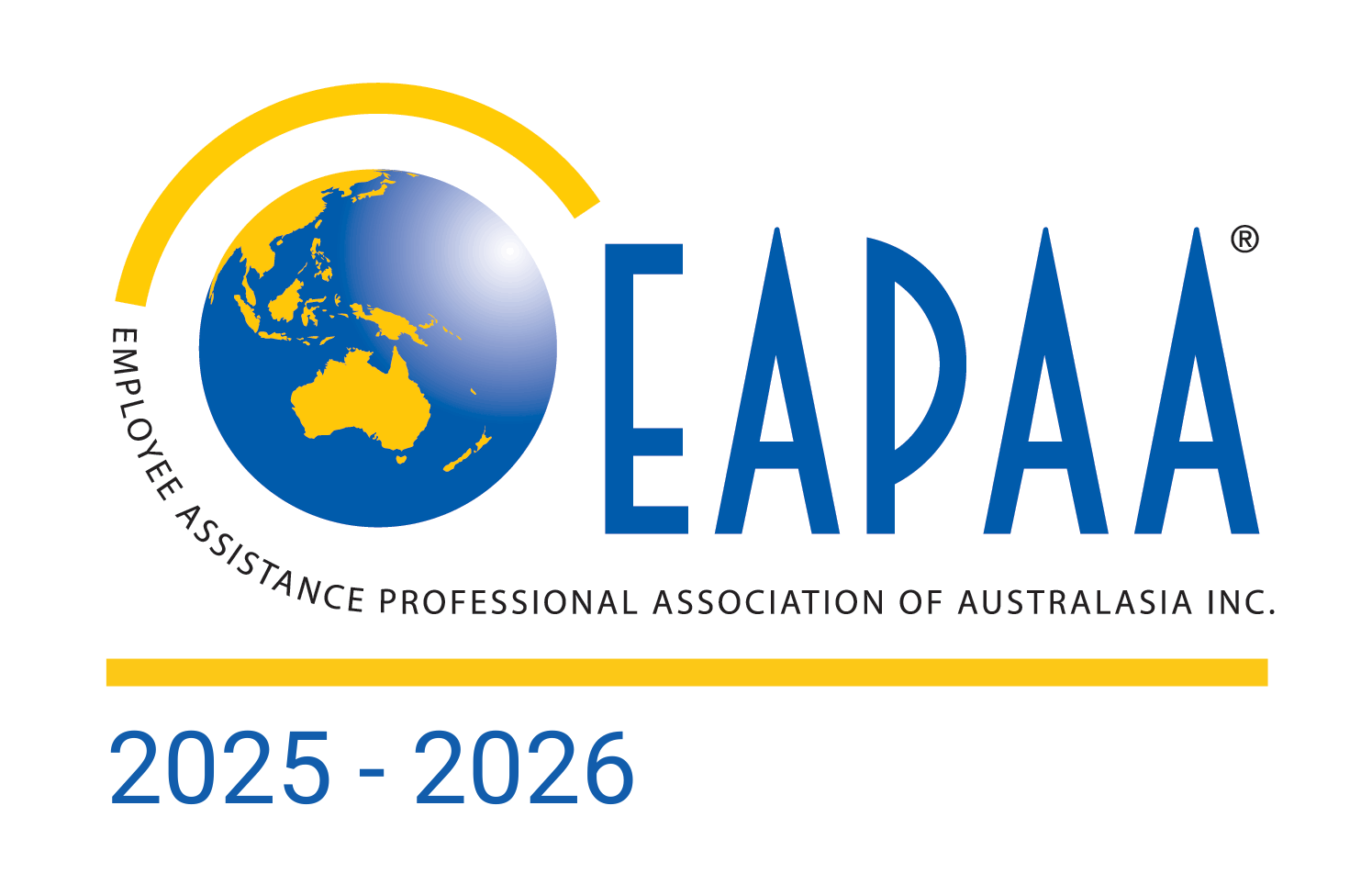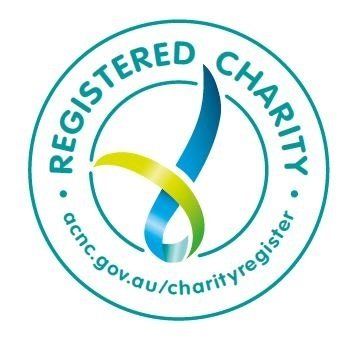Transactional Analysis and Effective Workplace Interactions
Have you ever had a conversation with someone at work and you felt like you were missing each other, that you weren't being heard or understood, that there was some disconnect, but you couldn't figure out where it was?
In this example, from the perspective of Transactional Analysis (TA) it is likely that the two parties involved in the transaction are operating from different ego state. An ego state is a consistent pattern of thoughts, feelings and behaviour. In TA there are three state; Parent, Adult and Child which all of us experience. Each function in different ways and are subconscious, revealing themselves without us noticing, and yet they affect how we receive, perceive and respond in any transaction.
Ego States
Understanding ego states is the basis for understanding the TA model. To identify ego states we pay attention to tone of voice, body posture, gestures, choice of words and the speaker's emotional state.
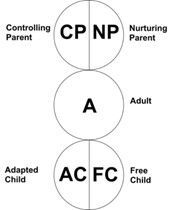
Parent:
The values, attitudes and behaviours we observed from our parents/caregivers and were adopted and assumed as true e.g. people can't be trusted.
Critical/Controlling Parent - disapproves and is harsh, judgemental and authoritarian; you might find yourself using words and phrases like "should," "must," or "you're wrong". In this state, you might be inclined to set rules and expectations for others. You might enforce these rules even when they aren't necessary or appropriate for the situation.
Nurturing Parent - Rescuing, soothing, caring, understanding, encouraging and supportive like a caring parent.
Adult:
The rational process that deals with the here and now. This ego state is a more integrated considering facts and logic as well as feelings. This state is considered open, respectful, listens to others and able to compromise, be non-judgemental, interested and confident. The adult ego state excels in problem-solving and seeking solutions rather than dwelling on emotional reactions. You'll use words and phrases like "I think," "I believe," and "It appears that".
Child:
Primarily focused on strong feelings, such as anger, fear, excitement, or joy. It doesn't mean being childish but acting as you did when you were a child.
Adaptive Child - conforms and wants to be seen as good and liked. Tends to be quite passive, resembling a child looking to their caregiver for reassurance.
Rebellious Child - When perceives conflict can respond with resistance, hostility, emotional reactivity and be seen as defiant and complaining.
Free Child - Energetic, fun-loving, spontaneous, and acts without thinking of the consequences.
Transactions
Transactions consist of the back and forth or information, known as a stimulus and a response. When we use the ego states to analyse transactions, it may look like this:

A complementary transaction is one which is parallel, and can continue indefinitely, however may not necessarily be healthy.
Crossed Transactions
A crossed transaction is where a stimulus is delivered from one ego state, but the response returns from a different ego state and communication breaks down:
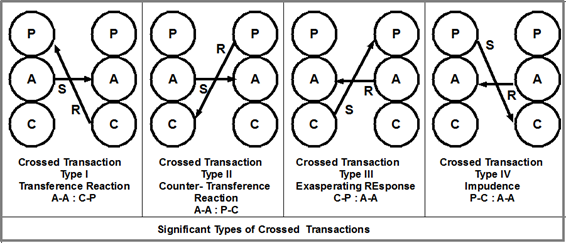
The communication stops and can only continue if the other person shifts ego state, to make it a complimentary transaction.
How to Use this Concept in the Workplace
Within this model the ego state of both communicators are determined, allowing you to make the conscious choice to change your patterns of behaviour, to influence the outcome of the transaction. As the adult ego state is integrated using critical thinking, active listening, empathy and taking a problem-solving approach it is the preferred ego state n the workplace.
In addition, transactional analysis:
- Helps you to understand yourself - if you're aware of what causes you to shift into parent and child, you can develop strategies to use to help you stay in adult
- Enhances teamwork and effective leadership - adapt your communication style based on the needs of the team; flexibility with roles can benefit teamwork. Sometimes we need to entertain the child role (brainstorming), sometimes we need the structured parent to take control
- Helps with resolving conflict - identify which ego states are in conflict and shift transactions towards adult ago state choosing a more productive way of communicating focusing on problem-solving.
Techniques to Hold Yourself in Adult
It takes conscious awareness to be able to bring ourselves into the adult ego state and hold ourselves there.
- Slow things down, breath, summarise and reflect back what you hear
- Stay present
- Be curious and ask open questions
- Validate emotions AND focus on problem-solving
Fatigue, stress and a highly triggering environment can challenge our ability to remain in adult. This highlights the need for self-care as well as self-soothing both at work as well as at home, to increase our capacity t hold ourselves in adult.
This is a very basic introduction to Transactional Analysis emphasising the more we understand ourselves, the more effective we are likely to be in the workplace.
If you would like to learn more, please contact EASA.



